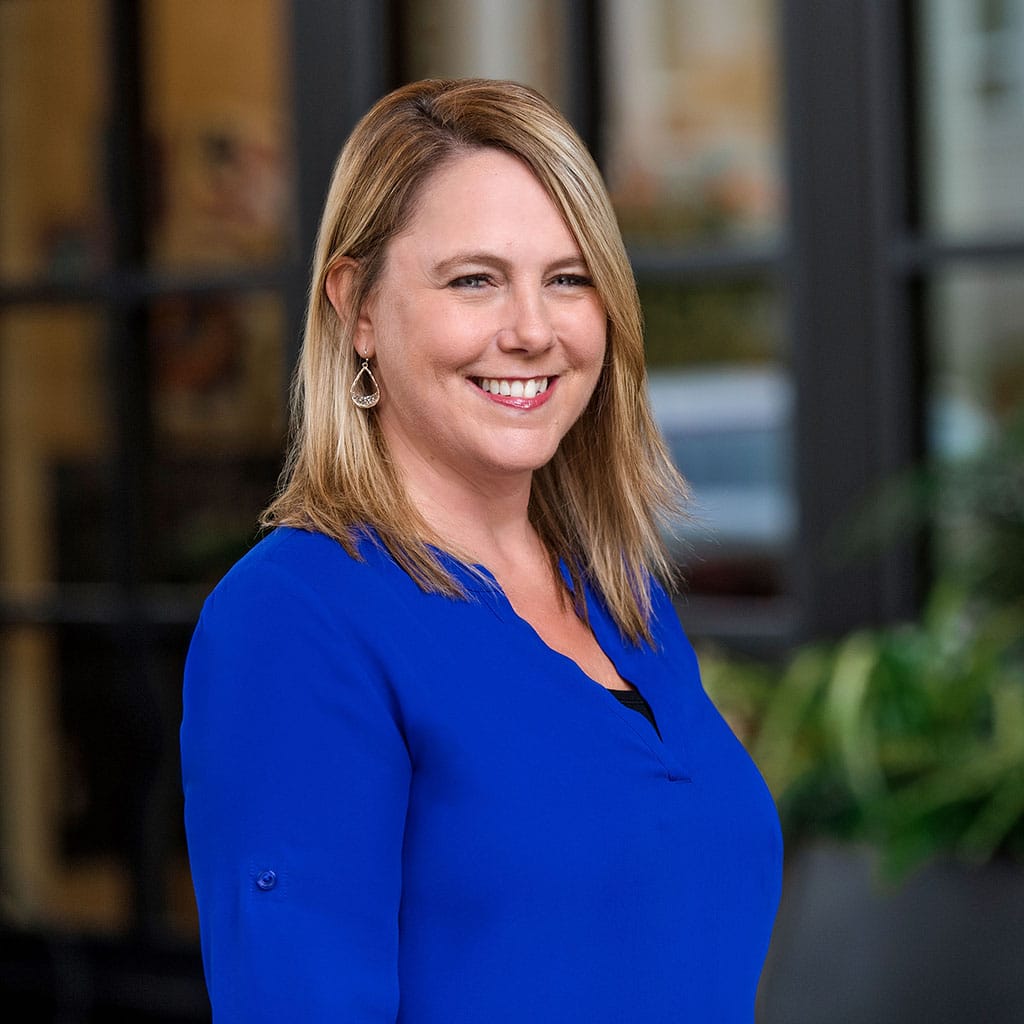
Congratulations! You’ve worked your entire adult life for this moment: you finally get to retire! What’s next? Volunteer work? Travel? Quality time with the grandkids? While you’re dreaming about your very active next 20-30 years, have you thought about the “what ifs” of your twilight years?
Government statistics estimate that seven-in-ten Americans 65 or older will need long-term care during their lifetime. The “what ifs” might be stress-inducing, but they are essential to help you prepare for any potential medical surprise down the road.
- What if you have an accident with long-term effects?
- What if you lose your hearing?
- What if you have a stroke?
- What if you develop dementia, Alzheimer’s, or Parkinson’s disease?
Unprepared for Retirement
Hopefully, none of these things will ever apply to you, but it’s better to be safe than sorry. As reported by the Insured Retirement Institute (IRI), only 55% of baby boomers have retirement savings, and of that group, half have less than $250,000 saved.
The IRI “…estimates that a 65-year-old couple retiring in 2018 can expect to pay $363,946 in lifetime Medicare and supplemental insurance premiums, as well as out-of-pocket costs—not including the costs of long-term care.”
While working with a financial advisor is a great way to prepare for retirement, only 36% of people working with one have included long-term care costs into that equation. Unfortunately, Medicare, Medicaid, and health insurance don’t typically cover the costs of care options. So, what can you do to cover long-term care costs?
Long-term care insurance
Long-term care (LTC) insurance can help fill the financial gap for future care needs. Rates depend on variables such as your age and health, your gender, marital status, and amount of coverage. If you decide to invest in LTC insurance earlier, when you’re in good health, the costs will be lower than if you try to pick it up past the age of 65.
LTC insurance does not set a standard price, so the cost of your insurance can go up. However, some LTC insurance premiums are tax deductible as medical expenses. You can ask the insurance provider if they have a tax-qualified policy.
Reverse mortgages
We do not advise for or against reverse mortgages, but it’s good to understand how they work. Reverse mortgages allow homeowners 62 years or older to receive cash against the value of their home without selling it. Homeowners are still responsible for the taxes, insurance, and home repairs required for the house, but are not required to repay the loan until the house sells or the remaining homeowner leaves.
There are specific requirements for using a reverse mortgage. You must use the funds to pay off any existing mortgage or debt against the home. The money does not count as income for Medicaid eligibility.
Veterans benefits
If you are a veteran, spouse, or widow of a veteran, you may be eligible to receive Veterans Administration (VA) benefits to offset the costs of care. A vastly underused program is the Veterans Aid & Attendance Pension Benefit, also known as an “A&A benefit.” You may be surprised to know that these funds exist, and you’re not alone! Only 5 percent of funds are applied for because people don’t know they have access to them.
Per the U.S. Department of Veterans Affairs, veterans and survivors who require the aid of another person, or are housebound, may be eligible for additional monetary payment. The benefits are in addition to monthly pension, and not paid without eligibility to pension.
There are requirements a veteran or spouse must meet to qualify for the benefit. VeteranAid.org has a questionnaire that can help you determine if you’re eligible.
It’s always a good idea to revisit the topic of retirement and long-term care planning from time to time. Whether you currently work with a financial advisor or are planning to consult with one, asking about long-term care options can take the pressure off stressful situations down the road, and ensure you’re better prepared for retirement.
